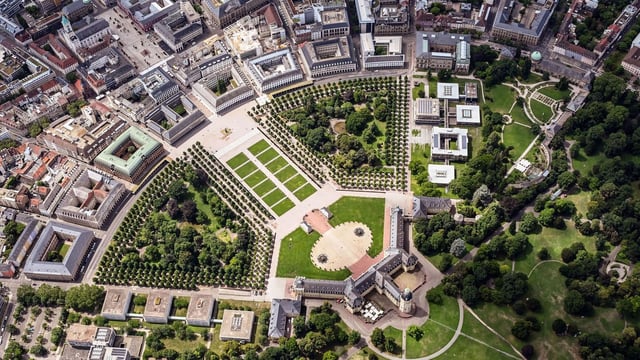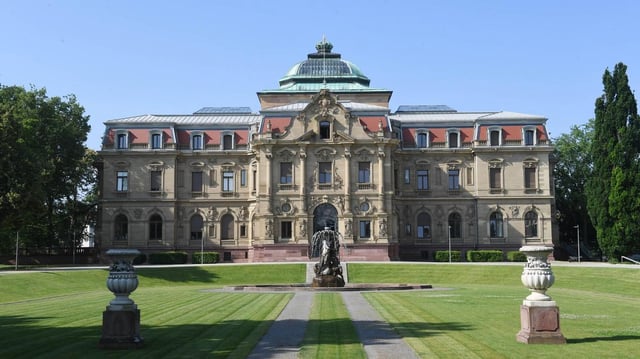Overview
- Founded on October 1, 1950, the Federal Court of Justice marks its 75th anniversary as Germany’s final instance for civil and criminal cases.
- Karlsruhe today hosts the BGH alongside the Federal Constitutional Court and the Federal Prosecutor’s Office, with the constitutional court established there in 1951.
- The BGH ensures uniform interpretation of law nationwide and functions as a court of legal review, examining for legal errors without taking new evidence.
- The court comprises thirteen civil and six criminal senates, with two criminal senates seated in Leipzig; one was relocated there in 1997 and another created in 2020, and about 154 judges serve today.
- Leipzig, the historic seat of the Reichsgericht, was unavailable in the GDR, and after debate that included Konrad Adenauer’s preference for Cologne and Thomas Dehler’s push south, the Bundestag selected Karlsruhe, reflecting Germany’s tradition of distancing top courts from the political capital.

